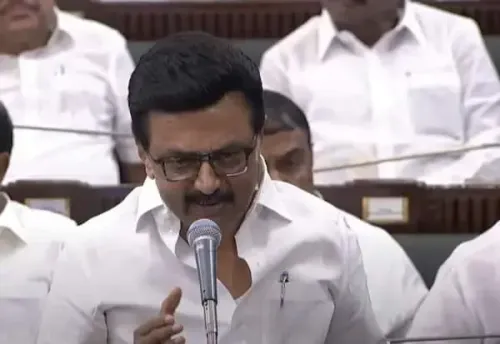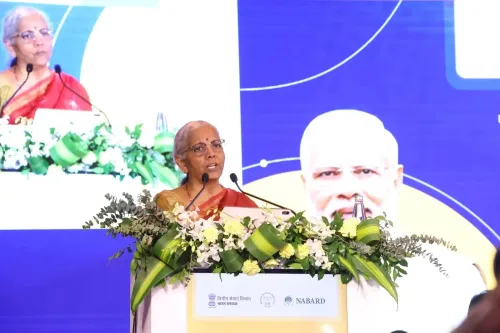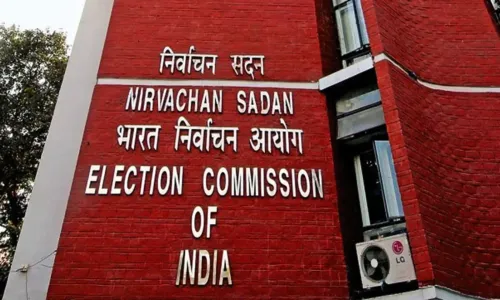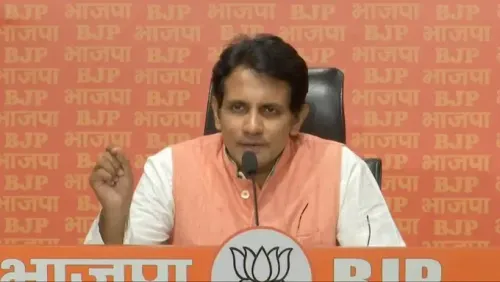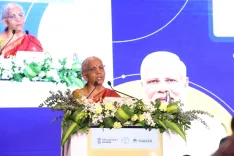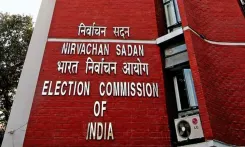Is the Kerala CPI(M) Justified in Its Land Acquisition for the New Headquarters?
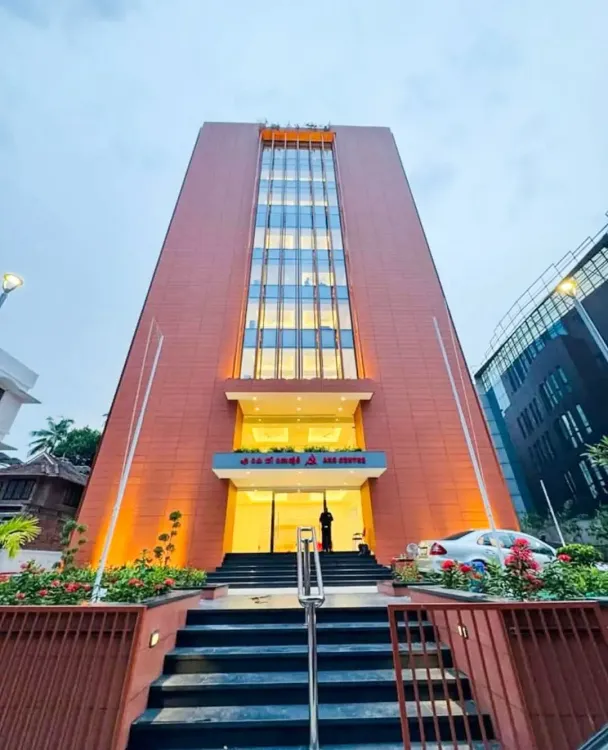
Synopsis
Key Takeaways
- CPI(M) defends land acquisition in Supreme Court.
- Affidavit stresses legality of purchase.
- Petitioner claims historical ownership.
- Supreme Court's decision may set precedent.
- Transparency in land deals is crucial.
New Delhi/Thiruvananthapuram, Oct 15 (NationPress) The CPI(M) has filed an affidavit in the Supreme Court, defending its land acquisition for the A.K.G. Center in Thiruvananthapuram. In this affidavit, Kerala’s party secretary, M.V. Govindan, stated that the 32-cent land obtained in 2021 was acquired legally, with a nine-storey building developed on the premises for Rs 30 crore.
He emphasized, "There were no ongoing disputes or legal issues linked to the land at the time of purchase." This affidavit surfaces amidst a conflict over land ownership that is central to the current case. A retired scientist has claimed in the Supreme Court that she is the legitimate owner of the property.
In response to her petition, the Supreme Court issued a notice to the CPI(M) state unit. Despite this, the party insists that their acquisition was entirely lawful and that the petitioner lacks any credible legal claim.
The petitioner contends that the 34-cent land, which houses the A.K.G. Center, was co-acquired by her grandfather, Janardanan Pillai, in 1998 and 2000 through two distinct transactions.
She alleges that the transaction involving the CPI(M) was facilitated through a private financial institution in Kottayam, which obscured these previous claims.
Documents addressed to the then CPI(M) State Secretary Kodiyeri Balakrishnan reportedly pointed out the alleged disputes during the party's acquisition process.
The CPI(M) has consistently asserted that the land acquisition satisfied all legal stipulations, and the construction of the A.K.G. Center was conducted transparently.
Govindan’s affidavit aims to elucidate these matters before the apex court, stressing that the acquisition and subsequent development were entirely lawful.
Interestingly, the area previously occupied by the old state party headquarters has been mired in allegations of encroachment from land belonging to Kerala University, located in the heart of the state capital.
During the tenure of A.K. Antony as Chief Minister, a part of the land for the old party headquarters was sanctioned, which has since been transformed into a CPI(M) research center. The new, grand building was recently inaugurated, raising questions regarding how a party like the CPI(M) could afford such a construction.

